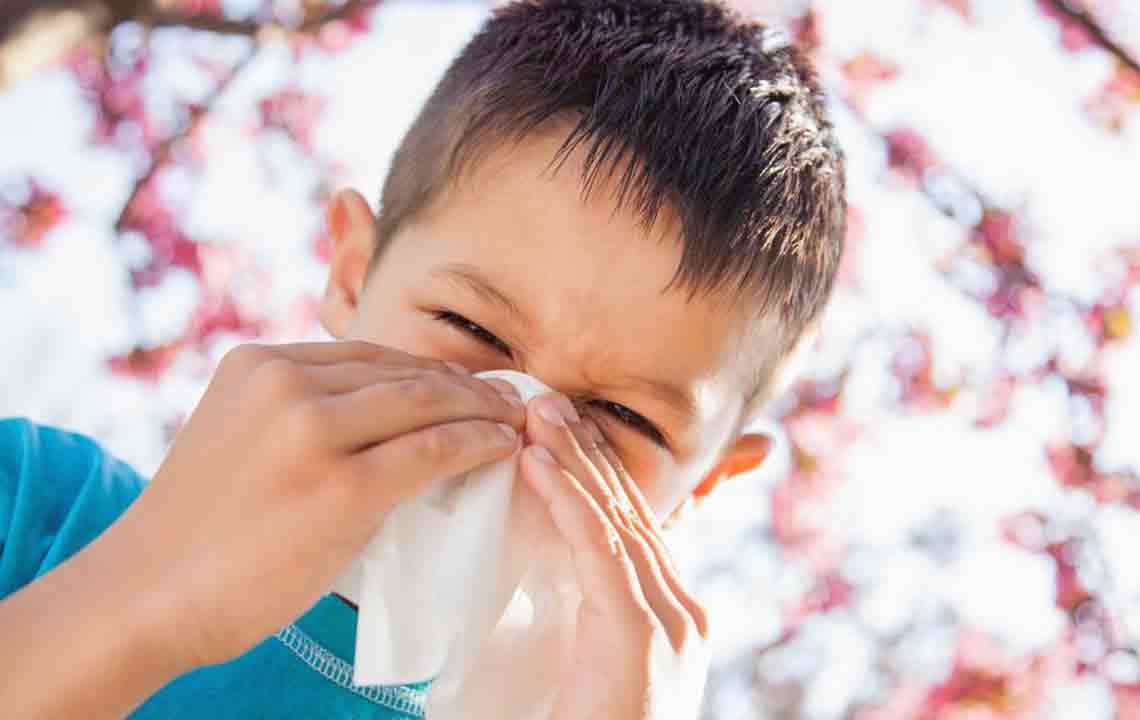Key Insights into Managing Allergies Effectively
Learn essential allergy management tips, including common triggers, symptoms, and treatment options. Discover how to identify allergens, recognize severe reactions like anaphylaxis, and explore safe medications and home remedies for effective relief. Proper understanding and timely medical advice are key to controlling allergies and preventing complications.
Sponsored

Essential Facts About Allergy Management
Throughout our daily lives, we encounter various environmental elements, many of which are harmless. However, certain harmless-looking particles can trigger significant health issues in sensitive individuals. These reactions depend on the person's immune response, underlying health conditions, or genetic factors.
These particles, known as allergens, can cause conditions called allergies. The severity ranges from mild discomfort to life-threatening reactions, highlighting the importance of effective allergy management. Proper treatment prevents complications and improves quality of life.
Allergens are present everywhere and managing exposure is crucial. Avoiding triggers is the first step; if not possible, comprehensive allergy treatments can help control symptoms. Understanding common allergens helps in effective prevention and treatment.
Common Environmental Allergens
Allergic responses occur when the immune system overreacts to harmless substances, mistaking them for threats.
These triggers, or allergens, are found ubiquitously, with individual reactions influenced by immune system behavior.
Frequent allergens include airborne particles like pollen, dust mites, pet dander, mold; foods such as nuts, wheat, fish, soy, dairy, eggs; medications including antibiotics like penicillin; insect stings from bees or wasps; and contact with latex or other allergens.
Identifying specific allergens is vital to prevent allergic episodes and manage symptoms effectively.
Understanding Anaphylaxis
Severe allergic reactions, known as anaphylaxis, can be life-threatening and require immediate medical attention.
This rapid-onset reaction can cause symptoms like hives, swelling, difficulty breathing, throat tightening, dizziness, and low blood pressure.
Recognizing early signs is essential for timely intervention, improving survival outcomes.
Are Over-the-Counter Allergy Medications Safe?
Many turn to OTC options like antihistamines, which block histamine effects to alleviate allergic symptoms.
Decongestants help clear nasal congestion caused by allergies, while steroid sprays reduce inflammation in the nasal passages.
While convenient, consulting a healthcare professional before use is crucial, as prescription drugs may offer better efficacy for severe or persistent allergies.
Common Approaches to Allergy Treatment
Effective allergy management depends on the allergy type, and treatment options include medications such as antihistamines, decongestants, leukotriene inhibitors, and nasal steroids.
Immunotherapy, involving gradually increasing allergen exposure, can desensitize the immune response over time.
Home remedies, including dietary adjustments, apple cider vinegar, Quercetin, nettle, and nasal irrigation, can provide symptom relief.
Always consult a healthcare provider before initiating any allergy treatment plan for safe and tailored care.






